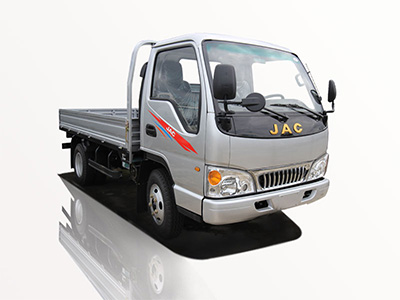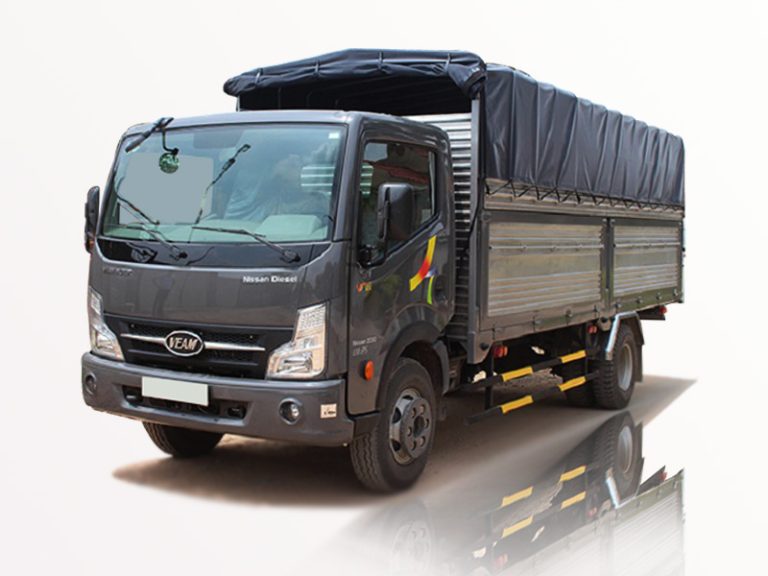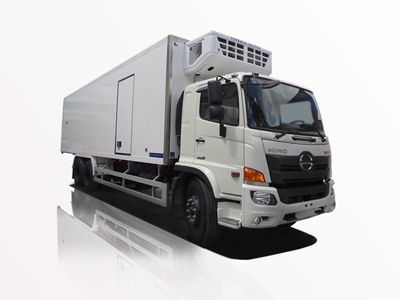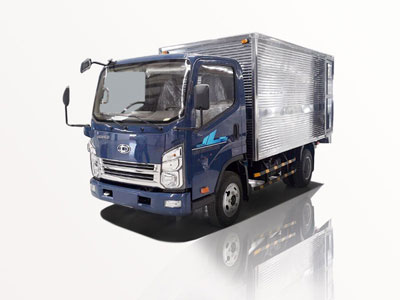Introduction
Truck bed refrigerators have become an essential accessory for outdoor enthusiasts, campers, and road trippers who want to keep their food and beverages cool during their adventures. They offer the convenience of refrigeration on the go, allowing for longer trips without sacrificing the quality of perishable items. In this article, we will delve into the world of truck bed refrigerators, exploring their benefits, types, key features to consider, and tips for maintenance, ensuring you’re fully informed on this useful equipment.
What is a Truck Bed Refrigerator?
A truck bed refrigerator is a portable refrigeration unit designed to fit in the bed of a pickup truck. Unlike traditional coolers, truck bed refrigerators provide a powered and consistent cooling temperature, making them perfect for longer excursions. Instead of ice, these refrigerators use electricity or batteries to maintain a cold environment for food and beverages.
Benefits of Using a Truck Bed Refrigerator
1. Convenience
With a truck bed refrigerator, accessing cold drinks and perishable foods becomes effortless. No more hassle of searching through ice or dealing with melted water.
2. Temperature Control
Unlike regular coolers, truck bed refrigerators allow you to set a specific temperature, ensuring your items stay at optimal freshness.
3. Versatility
These refrigerators are perfect for a range of activities, including camping, tailgating, fishing trips, and long-haul travel.
4. Energy Efficient
Modern truck bed refrigerators are designed to be energy efficient, using less power than traditional models, which is especially important if you are running them off a battery.
Types of Truck Bed Refrigerators
1. Compressor Refrigerators
Compressor refrigerators function like traditional home refrigerators. They can maintain low temperatures even in high ambient temperatures. Ideal for long trips where consistent temperature is vital.
2. Absorption Refrigerators
Absorption refrigerators use heat (from propane or electric) to cool the interior. While they may not be as efficient as compressor models, they are quieter and can run on multiple power sources.
3. Thermoelectric Refrigerators
Thermoelectric models use electrical current to create a temperature difference. They are typically lighter and less expensive but may struggle in extreme heat, making them less suitable for long hauls.
4. Portable Refrigerators
These compact units are designed for easy transport. They may come with a variety of power options, including AC, DC, and solar compatibility, appealing to off-grid enthusiasts.
Key Features to Consider
1. Size and Capacity
When choosing a truck bed refrigerator, consider the size and capacity that will best suit your needs. Smaller models may suffice for short trips, but larger capacities are necessary for extended journeys.
2. Power Source
Truck bed refrigerators can plug into your vehicle’s power outlet, use a detachable battery, or run on solar panels. Evaluate your power options based on your travel plans.
3. Durability
Look for a model built with durable materials that can withstand exposure to the elements. Waterproof and rugged designs are ideal for outdoor conditions.
4. Temperature Control
A good truck bed refrigerator should provide precise temperature settings, allowing you to maintain the right conditions for your food and beverages.
5. Mobility Features
Models with wheels or handles make it easier to transport the refrigerator from your truck to your campsite, RV, or home.
Comparison Table of Different Types of Refrigerators
| Type | Cooling Method | Best For | Pros | Cons |
|---|---|---|---|---|
| Compressor | Mechanical | Extended Trips | Efficient Cooling | Can be Noisy |
| Absorption | Heat | Multi-Power Sources | Quiet Operation | Less Efficient |
| Thermoelectric | Electrical Current | Short Trips | Lightweight | Struggles in Heat |
| Portable | Varied | Travelers | Versatile Power | Limited Capacity |
Practical Examples and Tips
1. Proper Placement in the Truck Bed
To optimize cooling efficiency, place your truck bed refrigerator in a shaded area of the truck bed, avoiding direct sunlight. Use a bed liner or insulation mat underneath to minimize heat transfer.
2. Pre-Cooling Foods and Beverages
Cool your items in a traditional refrigerator before placing them inside the truck bed refrigerator. This practice helps maintain a lower internal temperature and reduces energy consumption.
3. Regular Maintenance
Clean the refrigerator regularly to prevent odors and food contamination. Check the seals and hinges to ensure proper insulation and avoid temperature loss. Follow the manufacturer’s cleaning recommendations.
4. Monitor Power Usage
For models powered by batteries, keep an eye on the charge levels to prevent powering down in the middle of a trip. Consider bringing a backup power source, such as a portable generator or solar charger.
5. Optimize Airflow
Make sure your refrigerator has proper airflow around it. Avoid packing items too tightly, as it can obstruct air circulation and reduce cooling performance.
6. Plan for Hot Weather
If you are traveling in hot weather, try to only open the refrigerator when necessary. Limit exposure to outside temperatures to maintain the internal cooling environment.
Frequently Asked Questions (FAQ)
1. How much power do truck bed refrigerators consume?
The power consumption varies based on the model and its efficiency. On average, they can use between 40 to 100 watts per hour. Energy-efficient models use less power, and some are designed to run optimally on 12V power sources.
2. Can I run a truck bed refrigerator off my vehicle’s battery?
Yes, most truck bed refrigerators can be powered by your vehicle’s battery. However, continuous use may drain the battery quickly, so it’s best to limit usage when the engine isn’t running or use an auxiliary battery.
3. How do I choose the right size for my truck bed refrigerator?
Consider the number of people you typically travel with, the duration of your trips, and the type and quantity of food and beverages you plan to store. A larger capacity may be necessary for extended stays or group trips.
4. Are truck bed refrigerators waterproof?
While many models are designed to withstand splashes and rain, not all are completely waterproof. It’s essential to check the manufacturer’s specifications and ensure proper protection from heavy rain or submersion.
5. Do I need to use ice in a truck bed refrigerator?
No, truck bed refrigerators don’t require ice. They provide consistent cooling without needing to deal with melted ice, allowing for dryer storage conditions.
6. Can I use my truck bed refrigerator at home?
Yes, most truck bed refrigerators can be plugged into standard home power outlets, making them versatile for both traveling and home use.






